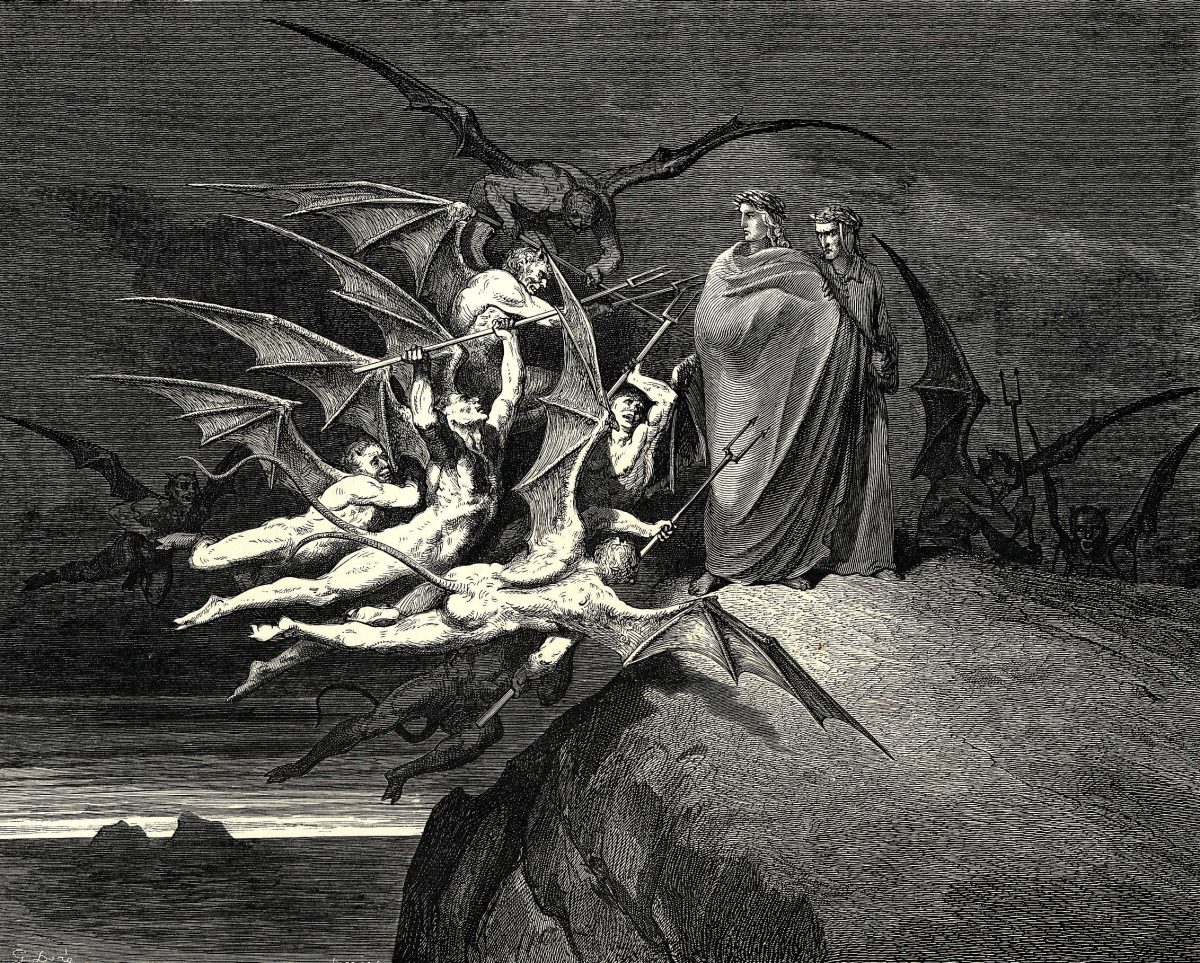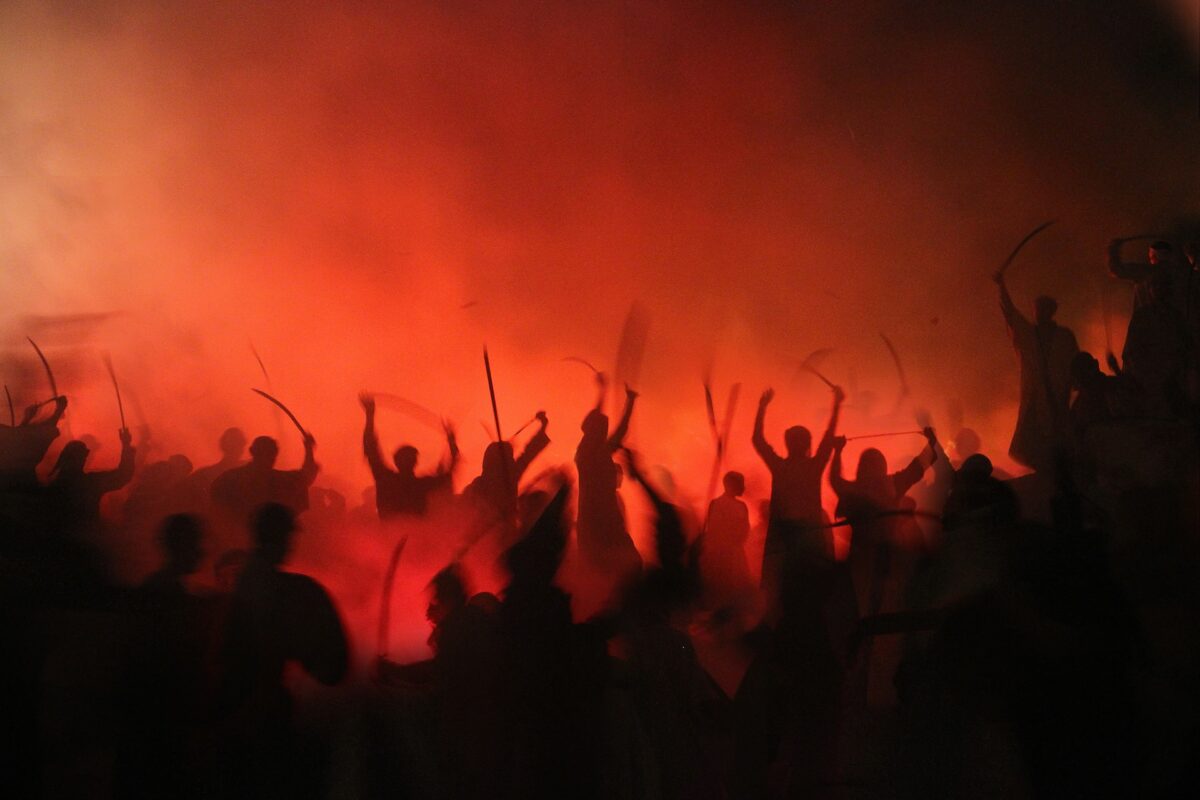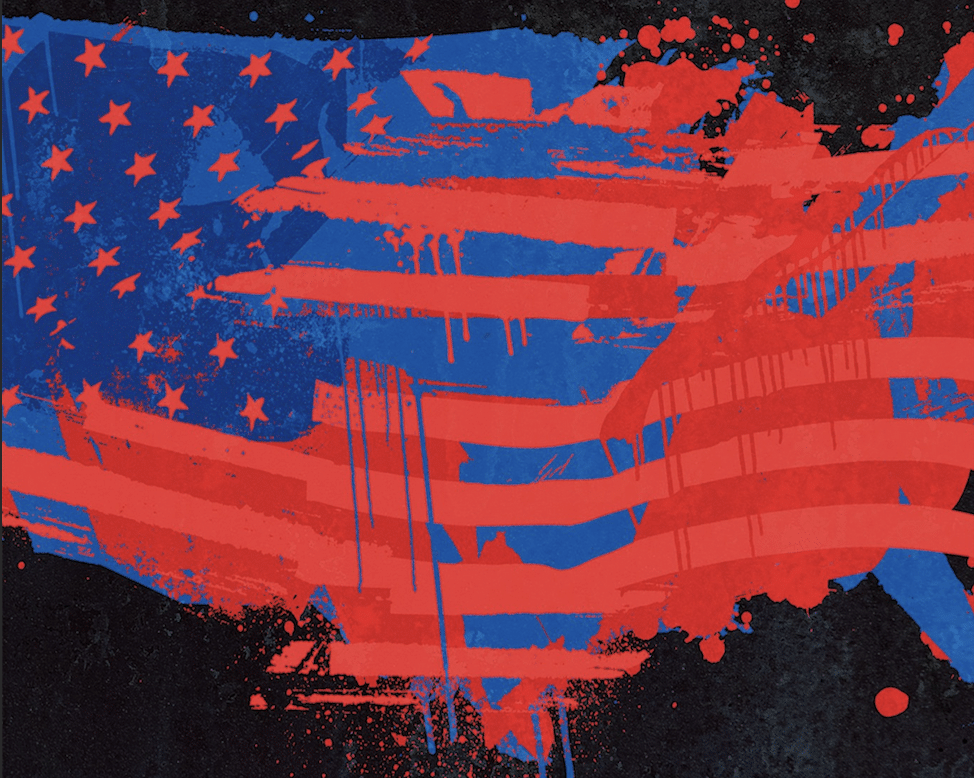The Gilded Salesman of Idolatrous Excess
Contributing writer Rodney Kennedy argues that Trump has outdone every shyster who ever told a tall tale, every con artist, every swindler, every unscrupulous insurance salesman, and every crooked televangelist.










